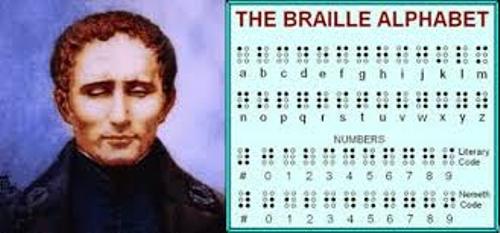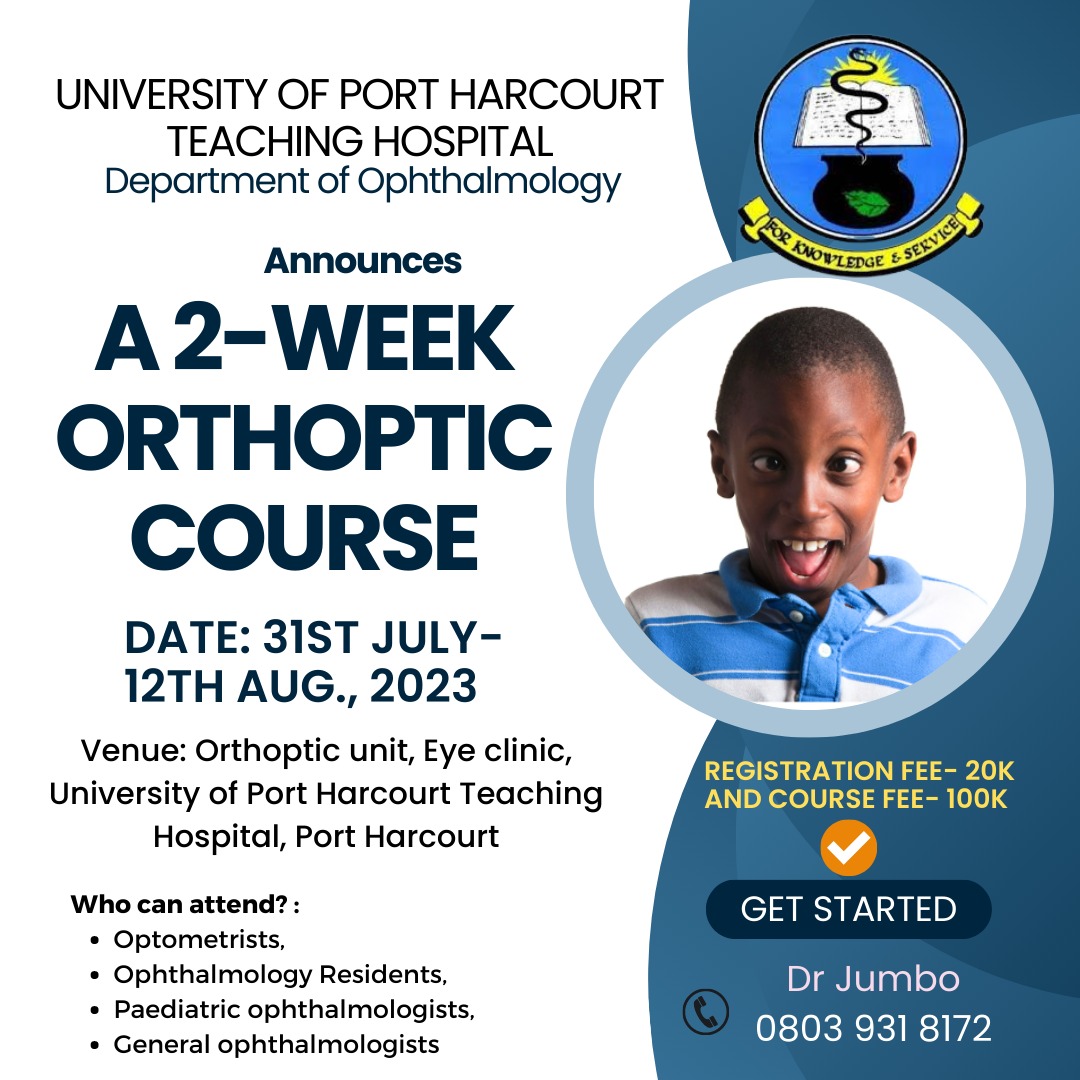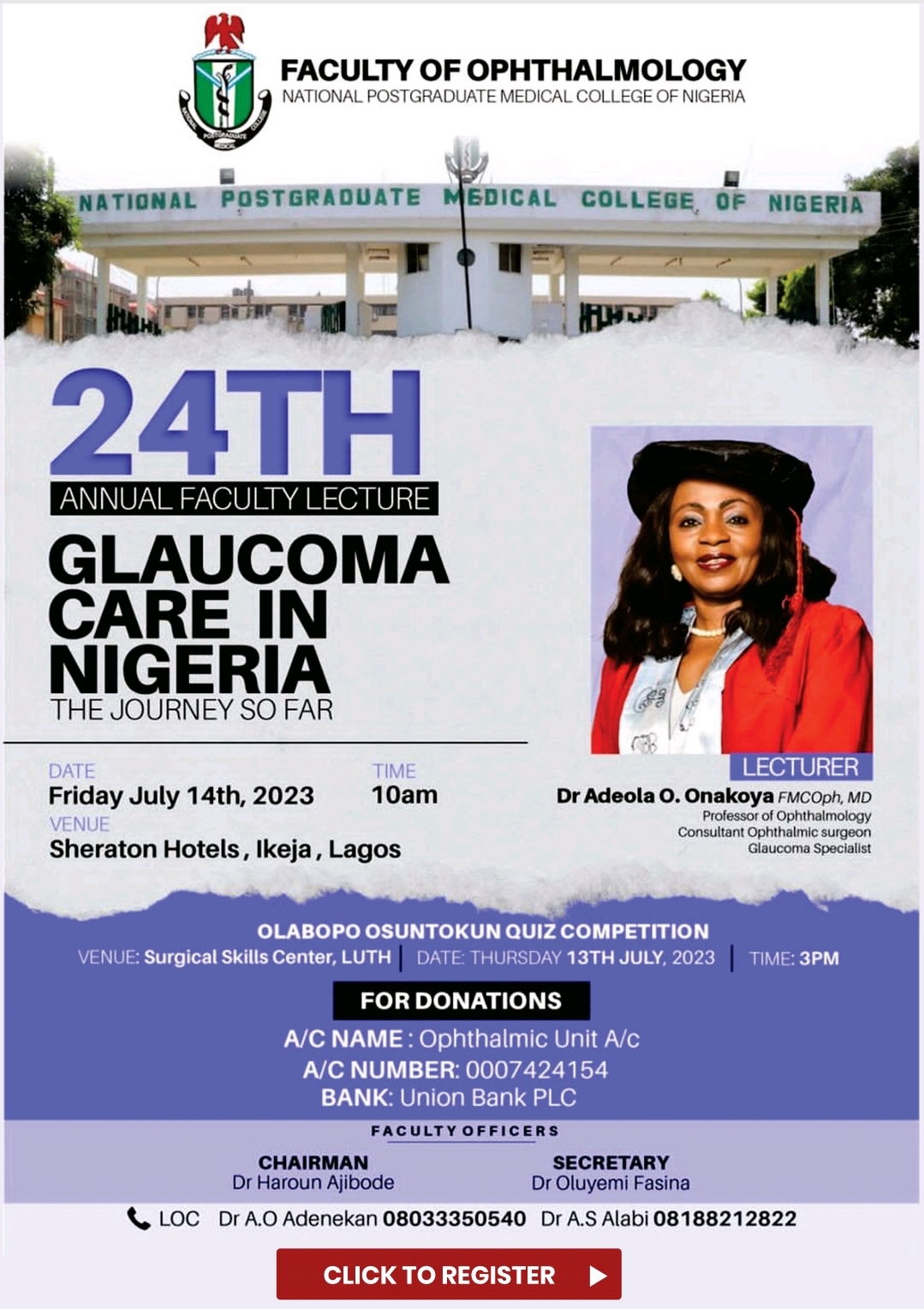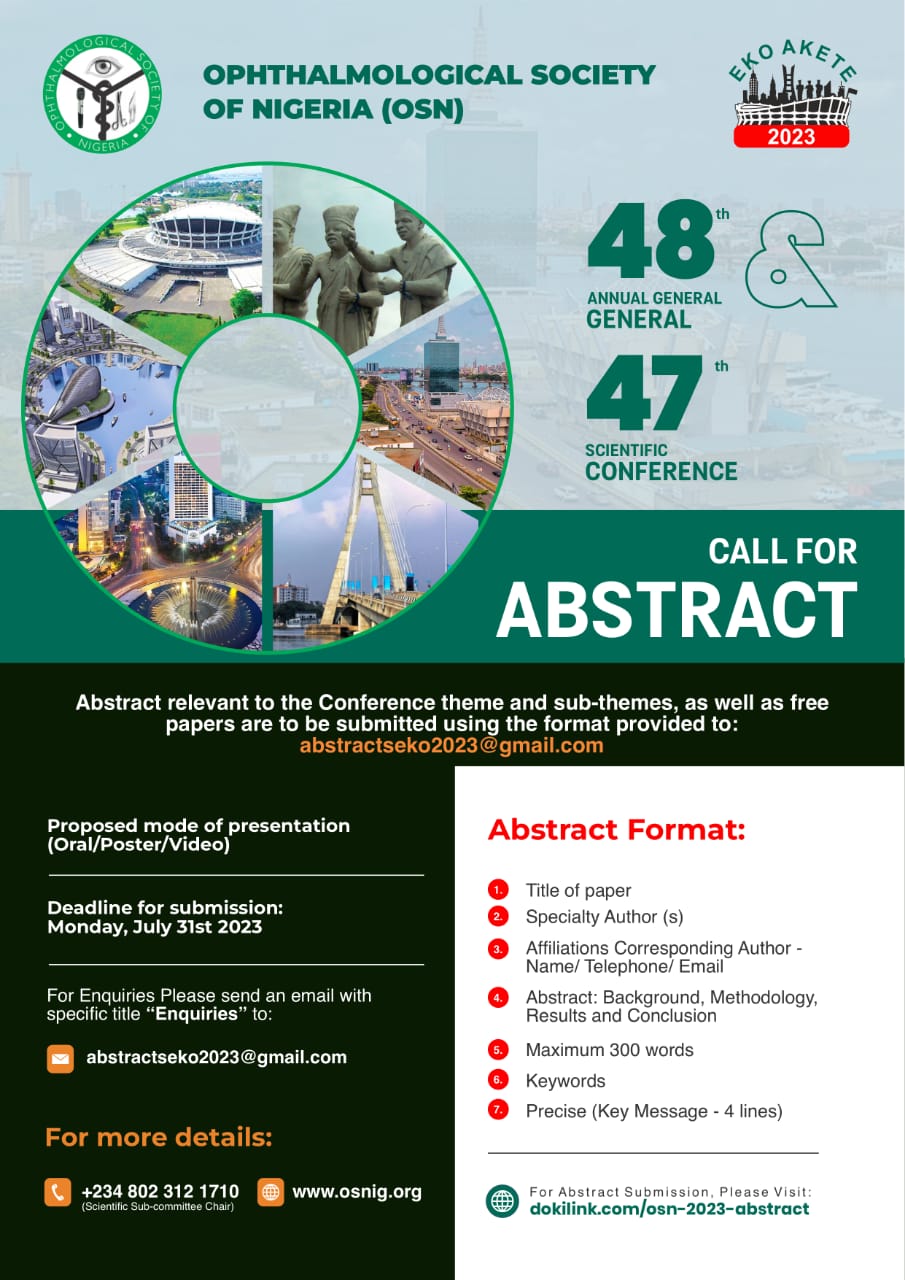
Louis Braille (4 January 1809 - 6 January 1852)
One day, some 200 years ago, in Coupvray, France, little Louis sat playing on the floor of his father's leather workshop when "fate" came calling. He accidentally stabbed himself in the eye with an awl (a sharp tool used to create holes in leather work).

Source: http://www.williamgee.co.uk/shop/awl/
The wound got infected and this eventually affected the second eye, leaving Louis completely blind at just three years old.
His condition notwithstanding, he was so intelligent and hungry for knowledge that at ten, he received a scholarship to study at the Royal Institute for Blind Youth in France, one of the first schools for the blind in the world.
While there, he learned to read using the embossed letter system developed by his school's founder, Valentin Haüy. Learning by this method was, however, often arduous, and the students could not write with it on their own.
Then came Louis' eureka moment. He heard about Charles Barbier de la serre, a Captain of the French Army who had invented "Night Writing", a system of codes designed to help soldiers communicate safely in the dark without the need for light. The system was, however, deemed too complex and was dismissed.
Inspired by Charles' work, Louis worked tirelessly at creating an alternative communication tool for the blind. In 1824, his hard work paid off with the completion of what is known today as the "Braille system".
The Braille system is a tactile system of raised dots which enables blind people to read and write. This system gradually became globally accepted as the formal mode of written communication for blind people.
Its evolution has made the world a more accessible place for blind people. It has been transcribed in multiple languages and is available for different purposes- education, music, games, entertainment, etc.


Source: http://www.perkins.org/stories/10-things-you-probably-dont-know-about-braille

Source: https://www.britannica.com/topic/Braille-writing-system
Though there are a lot of audio resources available now for blind people, braille still remains invaluable as the primary literacy medium for the blind.
And it keeps getting better. The World Blind Union (WBU) and the International Council for Education of People with Visual Impairment (ICEVI) recently introduced the Easy Converter Express which will make it possible to easily produce braille text from digital files.
This is free to download from www.YourDolphin.com/easyconverter-express
Talk about choosing not to place the "dis" in one's "ability"
January 4 is "World Braille day", set aside to commemorate the birth of Louis Braille and his contributions to literacy of blind people; and to create awareness about the challenges faced by blind people in accessing knowledge and how these can be tackled.




